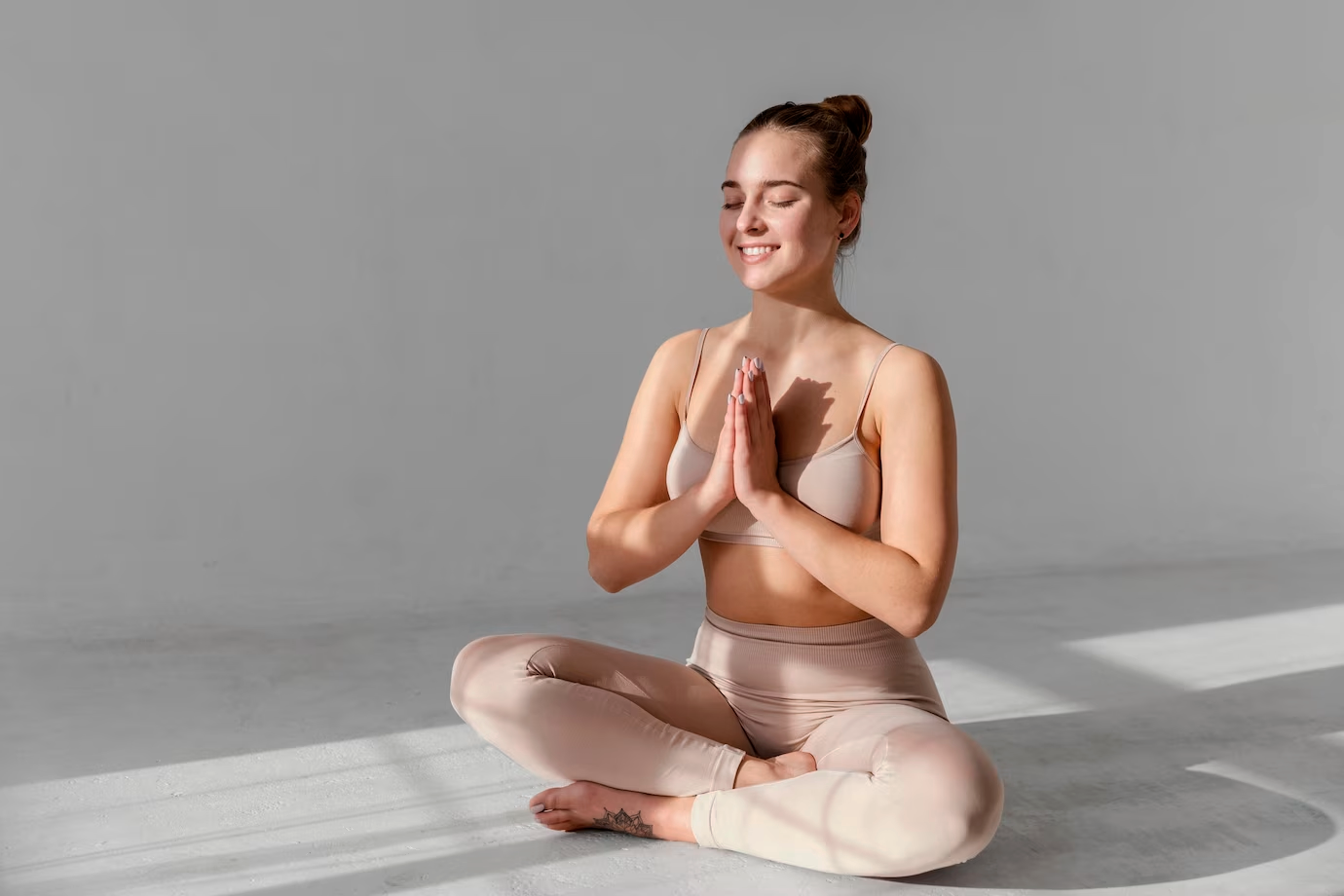
El ayuno intermitente ha surgido como un enfoque dietético que va más allá de la nutrición convencional. Este método implica ciclos regulares de comer y ayunar, explorando sus beneficios para el cuerpo humano. Este artículo examina el ayuno intermitente desde una perspectiva no médica, destacando sus efectos sobre el organismo y las estrategias para utilizarlo en la vida cotidiana.
In the fast-paced rhythm of modern life, maintaining optimal sleep quality is essential for overall well-being and energy restoration. This paper explores the impact of yoga and meditation on sleep quality, emphasizing their positive effects on energy recovery. Additionally, practical tips are provided for incorporating specific practices into your bedtime routine to promote restful sleep.
The Influence of Yoga and Meditation on Sleep Quality
Yoga
Yoga, with its focus on breath control, physical postures, and mindfulness, has been shown to positively affect sleep patterns. Engaging in a regular yoga practice can help reduce stress and anxiety, common culprits of disrupted sleep. The gentle movements and stretching in yoga promote relaxation, preparing the body for a more restful night's sleep.
Meditation
Meditation, particularly mindfulness meditation, has gained recognition for its ability to calm the mind and induce a state of deep relaxation. Incorporating meditation into your routine can help alleviate the mental chatter that often disrupts sleep. By fostering mindfulness, meditation enhances your ability to let go of daily concerns, paving the way for a tranquil and rejuvenating sleep experience.
Practical Tips for Incorporating Yoga and Meditation into Your Bedtime Routine
Establish a Consistent Routine
Create a bedtime routine that signals to your body and mind that it's time to wind down. This can include gentle yoga stretches and a short meditation session. Consistency is key, as it helps regulate your body's internal clock, promoting a more regular sleep pattern.
Mindful Breathing
Incorporate mindful breathing exercises into your pre-sleep routine. Deep, intentional breaths can activate the body's relaxation response, signaling to the nervous system that it's time to shift into a state conducive to sleep. Simple breathing exercises can be done in bed, promoting a calm and centered mind.
Gentle Yoga Poses
Include gentle yoga poses that focus on stretching and relaxation. Poses like Child's Pose, Legs Up the Wall, or gentle forward bends can help release tension from the day and prepare your body for a peaceful night's sleep. These poses promote physical comfort, contributing to a more serene bedtime experience.
Guided Meditation
Consider listening to guided meditations designed specifically for sleep. Many meditation apps offer guided sessions tailored to help you relax and ease into a restful sleep. These guided practices can assist in quieting the mind and creating a serene mental space conducive to sleep.
Conclusion
In conclusion, the incorporation of yoga and meditation into your bedtime routine can significantly impact sleep quality and contribute to energy restoration. These practices offer holistic approaches to fostering relaxation, reducing stress, and promoting mental tranquility, all of which are crucial elements for a restful night's sleep. By incorporating these practical tips into your routine, you can harness the potential of yoga and meditation to enhance your sleep experience and support overall well-being.